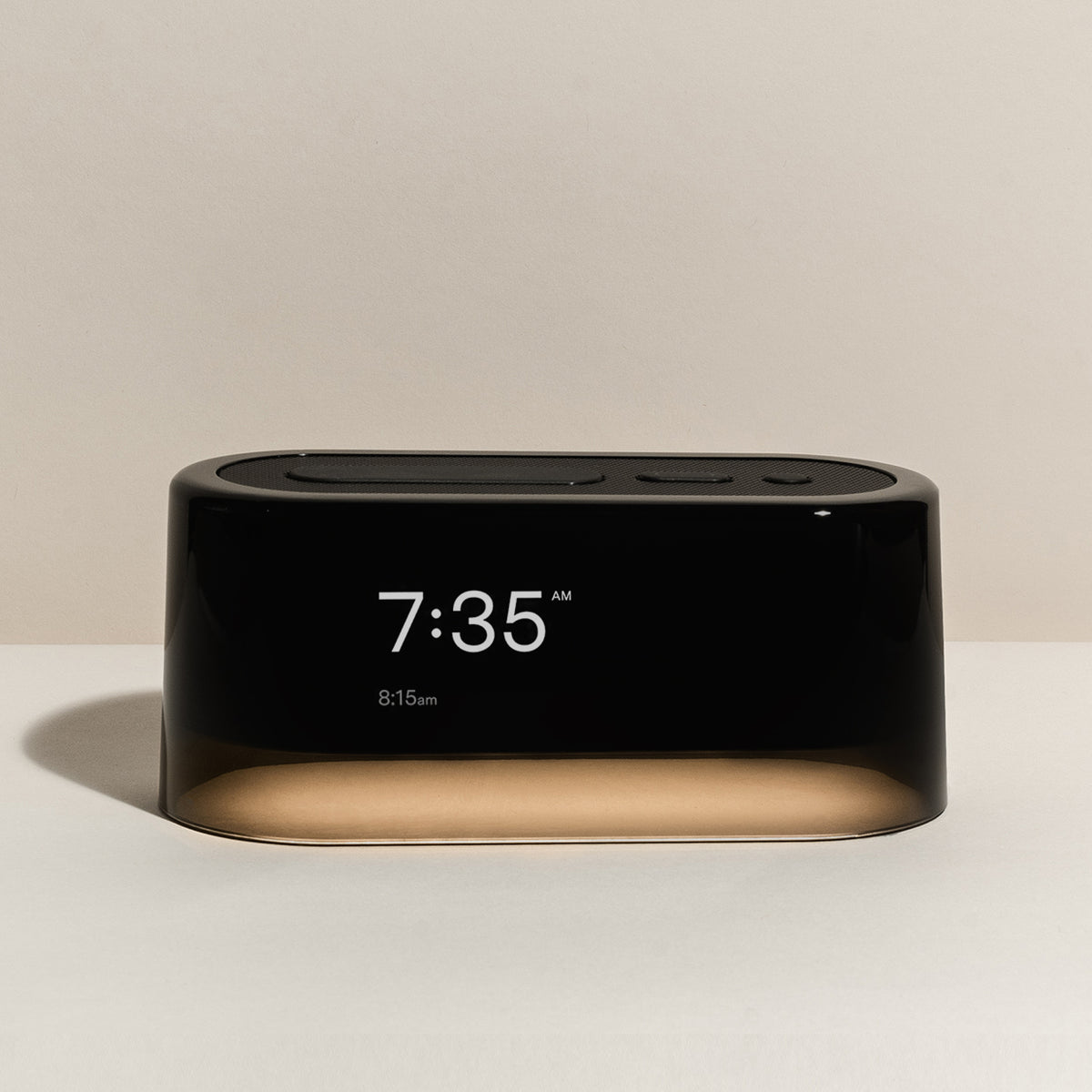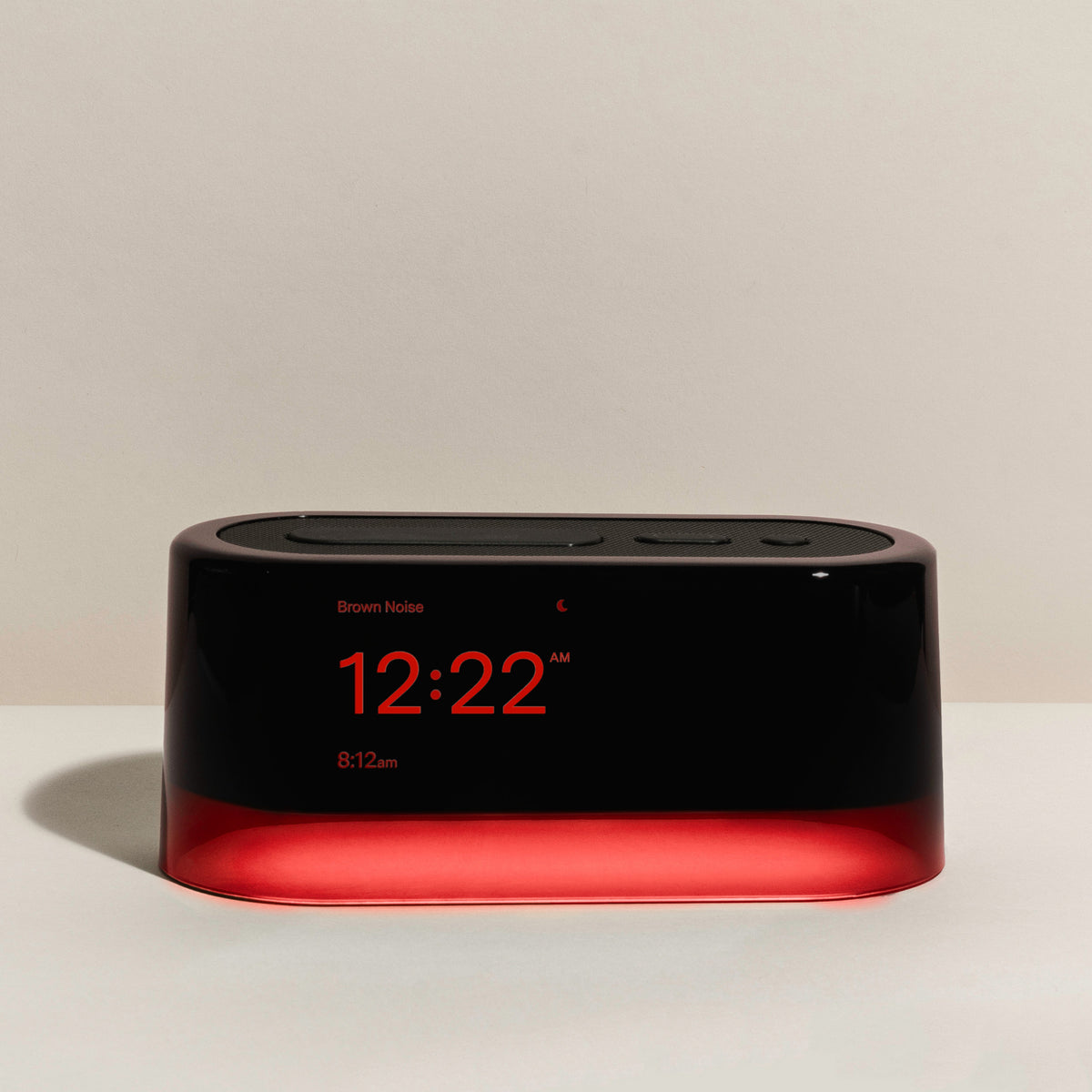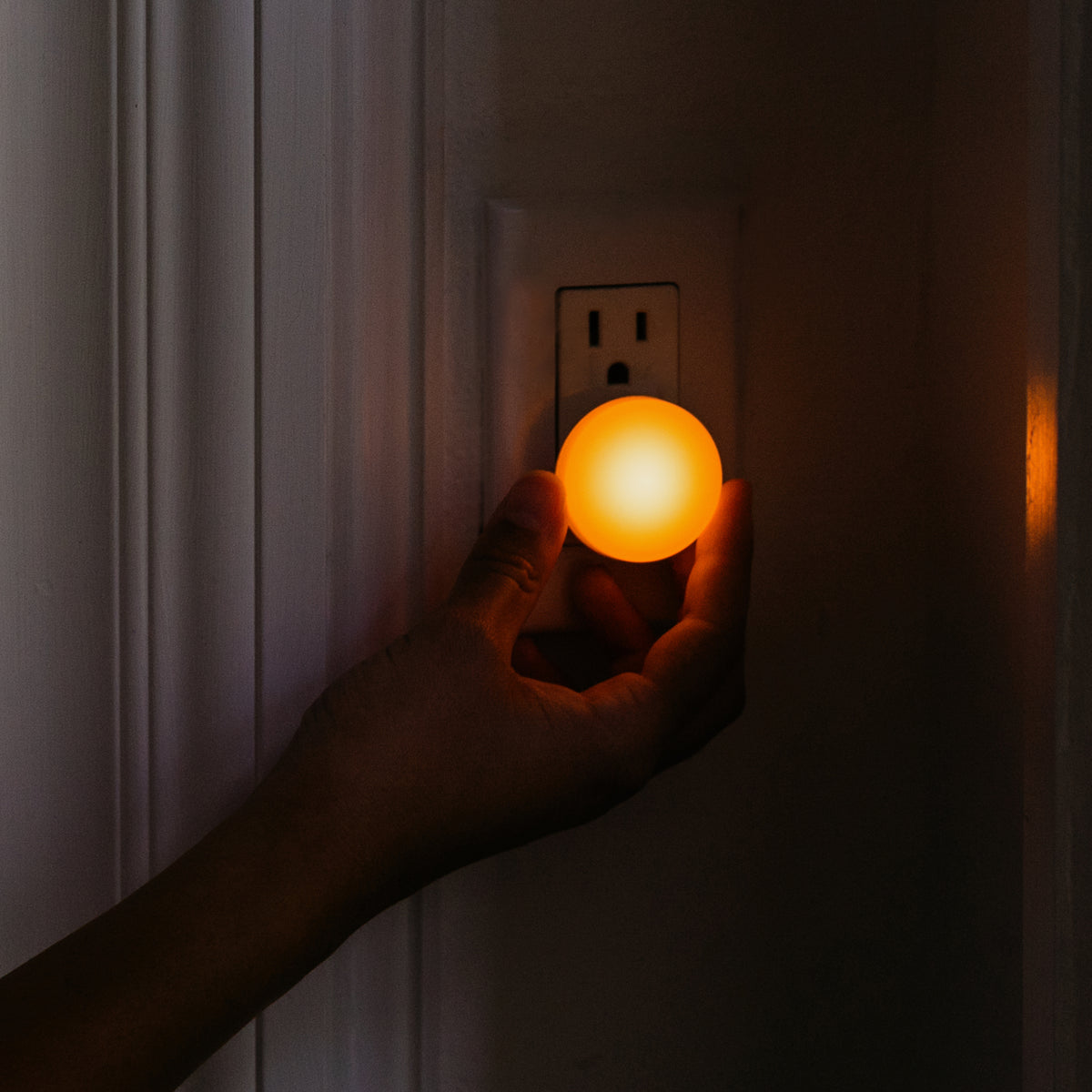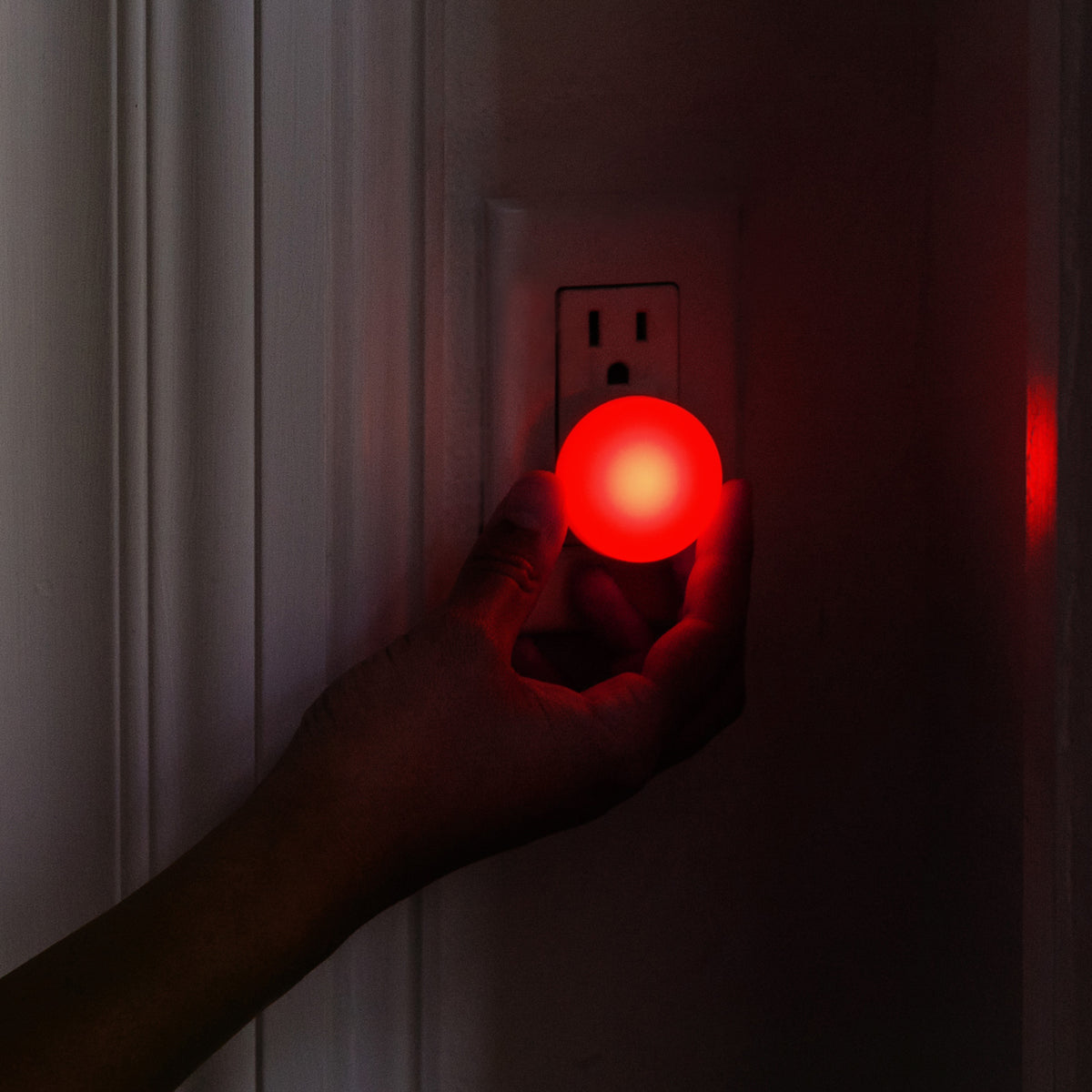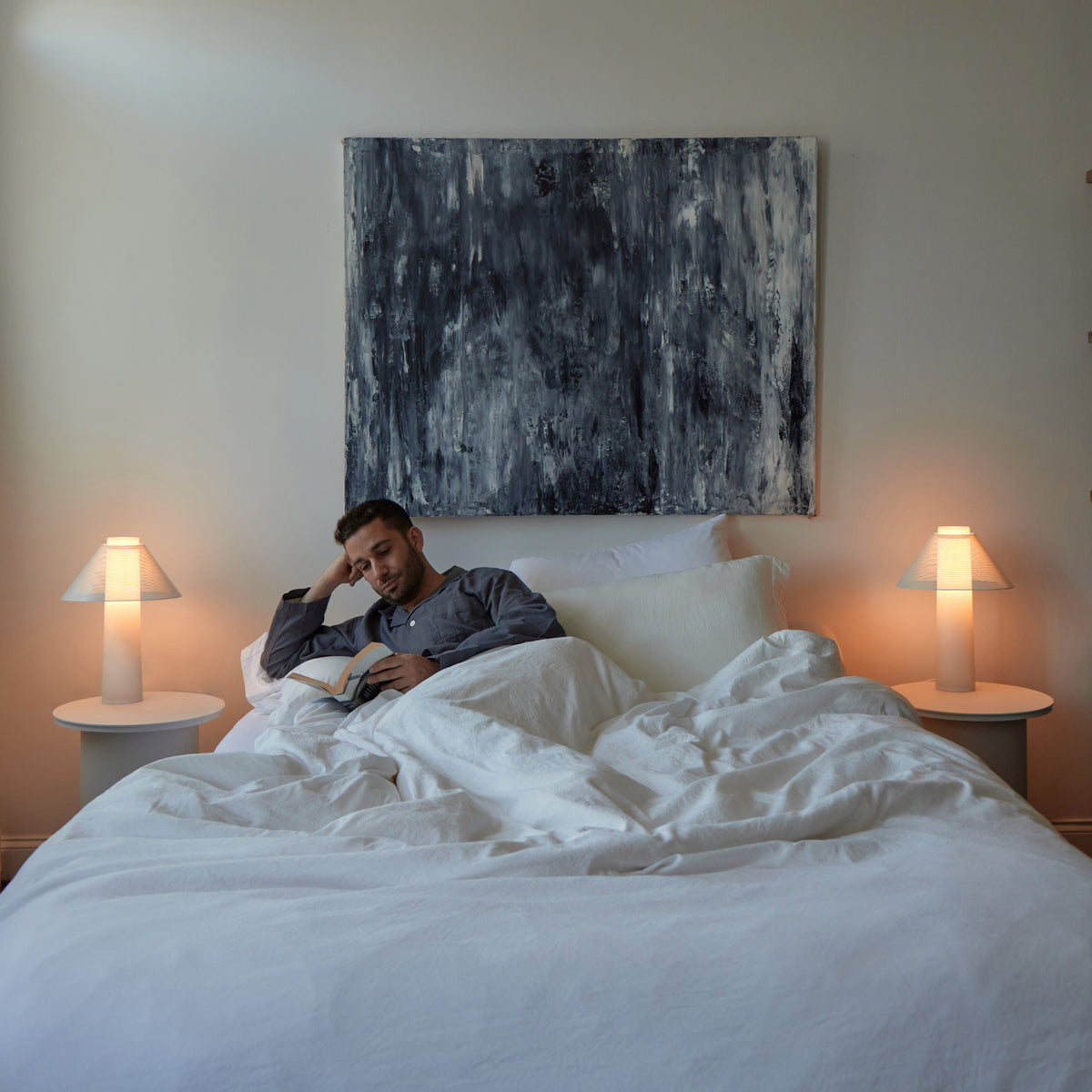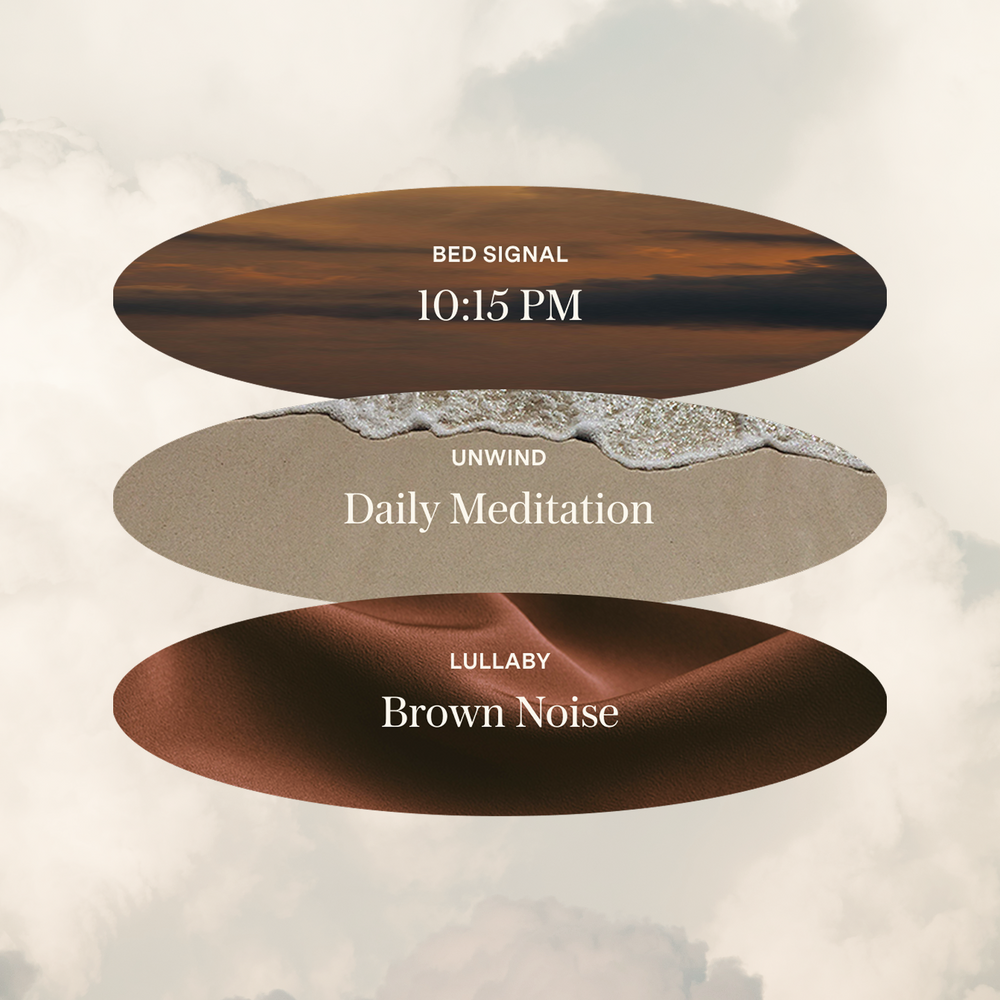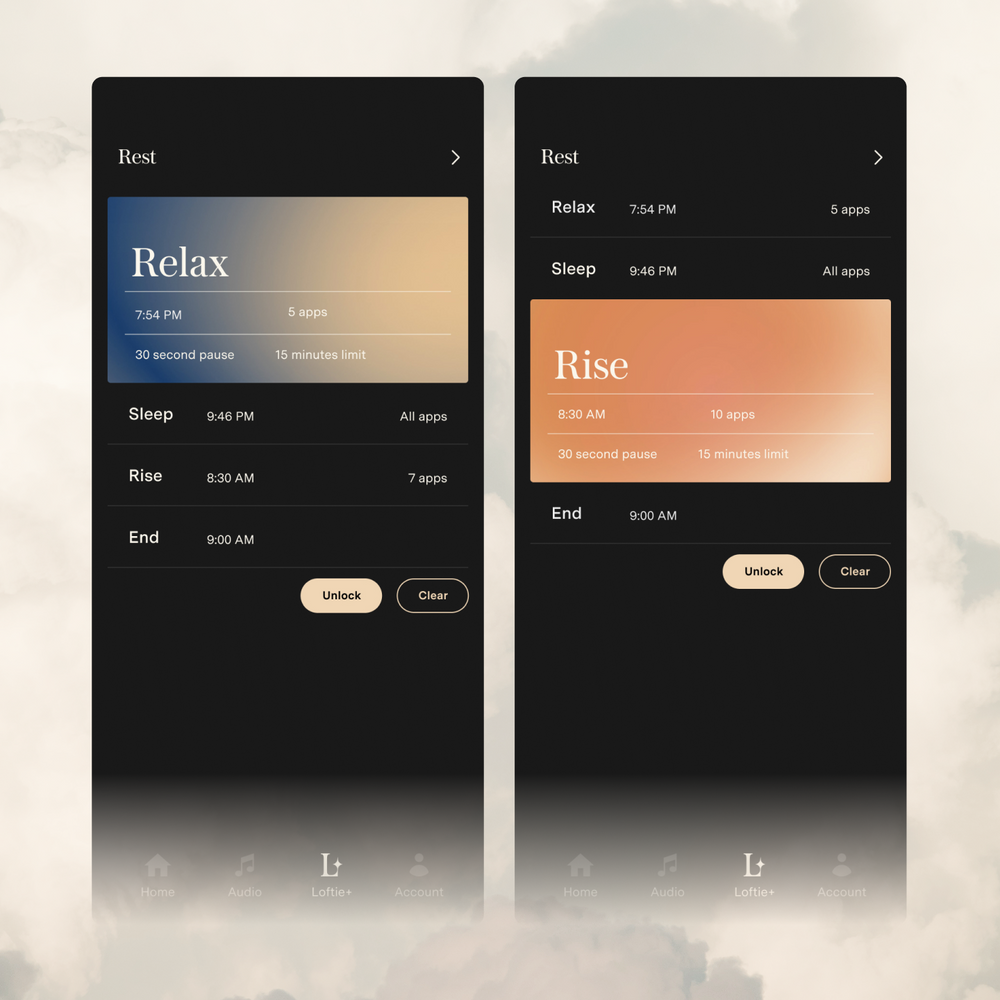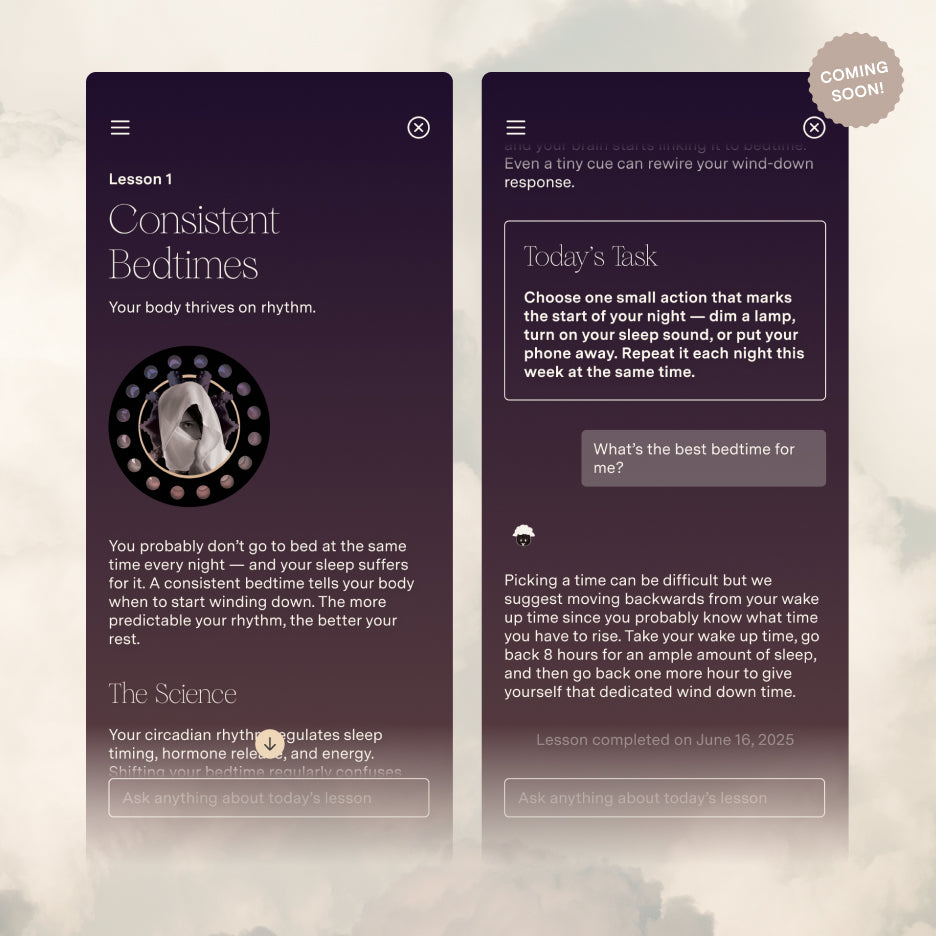Effects of Lack of Sleep on Mental Health
Is skimping on sleep really that bad? The short answer is yes, which many of us already know. Yet for some reason, sleep is the first thing we sacrifice when we’re trying to get one more hour of productivity.
Unlike diet and exercise which visibly show us (unapologetically) when it’s been on the backburner, sleep deprivation can be a silent killer making a major impact on our mental state. According to the Centers for Disease Control and Prevention (CDC), a third of adults in the United States report that they get less than the recommended amount of sleep and approximately 33% of the world’s population struggles with insomnia. Understanding the importance of sleep for mental health can help keep it a priority when life gets busy.
How Does Lack of Sleep Affect Mental Health?
Sleep and mental health go hand-in-hand. Many psychiatric conditions and symptoms of conditions like depression, anxiety, and bipolar disorder can be exacerbated by chronic sleep disorder and side effects of staying up all night. Experts suggest one usually contributes to the other.
In 2013, researchers found that treating sleep disorders like insomnia potentially prevent anxiety and depression from developing. A more recent study from 2019, found that those who experience insomnia symptoms (difficulty falling or staying asleep or a general feeling of having properly rested) are vulnerable to feelings of anxiety during times of stress. Experts believe that lack of sleep can play both a causal role in the development and maintenance of different mental health issues.
The relationship between sleep disorders and mental health conditions is complex and while treating one can improve the other, it’s important to speak with a doctor if you’re experiencing problems falling or staying asleep.
Brain Fog
When your brain hasn’t had a full night’s rest you might experience difficulty concentrating, confusion, or forgetfulness. This is what’s commonly referred to as brain fog. While brain fog isn’t recognized as a medical condition, studies show a direct correlation between this general sluggish or fuzzy feeling and a lack of adequate sleep. Sleep deprivation brain fog usually dissipates once you are able to sleep but if it is prolonged then the feeling can negatively impact how you feel day-to-day.
Mood Changes
The saying “I woke up on the wrong side of the bed” exists for a reason. Sleep can have a major impact on our mood. Sufficient sleep, especially REM (rapid eye movement) sleep, is one of the sleep stages responsible for processing emotional information. Studies show that a lack of sleep can be harmful to the consolidation of positive emotional content not just negative. This influence on mood and emotional reactivity is often tied to mental health disorders like anxiety, depression, increased aggression, and even and increased risk of suicidal ideas or behaviors. Sleep deprivation mood changes can lead to more serious conditions so it’s important to prioritize your sleep often.
Behavior Changes
While one night of bad sleep can inevitably cause feelings of grogginess and irritability, these typically resolve once you get a sufficient amount of sleep. However when lack of sleep persists or goes untreated, sleep deprivation and behavior changes can present more serious mental health issues. Someone who is experiencing prolonged sleep deprivation might act erratically or display a short fuse when they wouldn’t typically. Studies have found that prolonged sleep deprivation has been connected to changes in the brain such as reduced receptor sensitivity and changes in functional communication between brain regions. These can lead to heightened feelings of emotions like anger.
Stress
We all experience stress to some degree throughout our lives. Short-term stress can actually be healthy as it keeps us motivated but chronic stress has the potential to leave long-lasting effects.
Chronic stress puts the body in perpetual fight or flight mode, which means that once a stress stimulus is no longer present, the relaxation response doesn't occur. This near-constant state of fight-or-flight can cause damage to the nervous system. Sleep deprivation stress can become a vicious cycle. Whether you’re feeling stressed because you’re not able to sleep at night or you’re not able to sleep at night due to daily stressors, the issue can feel impossible to cope with so getting help from a medical professional can make a big difference.
Impact of Sleep on Mental Health Conditions
How long can you go without sleeping? The world record for going without sleep is about 264 hours (a little over 11 days) in 1964. While this is possible, it is by no means recommended. Skimping on sleep can be a slippery slope. It’s easy to let one late-night study session turn into a habit of logging longer hours. But that small habit adds up and before you know it you might start to struggle to get out of bed or toss and turn at night. And the negative effects sleep deprivation has on the mind and body cannot be overstated. From extreme fatigue and metabolic issues, to increased risk for diabetes, the impact of sleep deprivation is not just physical, it can actually be a predictor of more serious mental health conditions.
Depression
In more recent research, experts have linked lack of sleep deprivation and depression. Several studies have raised the question whether insomnia and insomnia-like symptoms may be a predictor of depression. An analysis of 21 different studies found that people with insomnia have two times the risk of developing depression when compared to those who do not struggling with sleeping. Addressing insomnia earlier has shown to help reduce the risk of depression in some cases.
Anxiety
People who experience sleep disorders often experience anxiety. Like stress, many of us experience some level of anxiety but mental health professionals define excessive anxiety as Generalized Anxiety Disorder (GAD). This kind of anxiety can impair concentration, cause panic attacks, increase irritability, and difficulty sleeping. Does sleep deprivation cause anxiety? A study found that sleep problems were a predictor for GAD in children and teens between the ages of nine and 16.
The relationship between sleep deprivation and mental health conditions is complicated but clear in that they both impact one another. This can make treatment challenging but oftentimes, having a positive result with one issue can in turn have a positive impact on the other. It’s best to speak with a medical provider when seeking treatment for sleeping disorders and mental health conditions.


